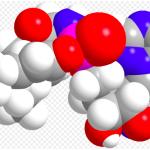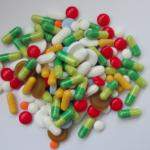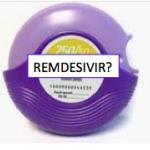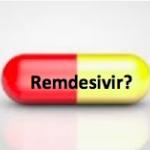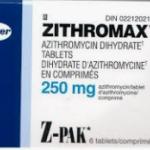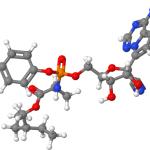Remember back in the early days of COVID when we knew little about the disease and had nothing to treat it with? Remdesivir (brand name Veklury®) seemed promising for a while, but as I wrote last year:
remdesivir
Last winter, extending into the early spring, the treatment for COVID-19 was at best ill-defined. All of our treatment protocols seemed ineffective, and healthcare teams tried everything under the sun to save lives.
President Trump’s COVID-19 recovery has thrust into the spotlight the possibilities of novel, experimental therapies for this potentially deadly disease.
On Wednesday April 29th the Dow Jones Industrial Average rose 532 points on news that Gilead's remdesivir demonstrated a “clear-cut positive effect" in treating COVID.
By William Petri, University of Virginia
Over the past few months I've been arguing that remdesivir, the only approved drug for SARS-2 infection, was never going to make a meaningful impact on COVID because it is an IV-only drug, meaning that it will only be administered to ver
The mayor of Los Angeles has said that his city will "never be completely open until we have a cure" for the coronavirus.
One of the many horrors that drug discovery chemists constantly wrestle with is called pharmacokinetics (PK) – the science of what the body does to a drug (1).
Pricing a new drug is not an easy task, Gilead who is producing remdesivir is no stranger to pricing controversy, the release of Solvaldi, their drug to cure Hepatitis C, had a list price of $84,000 for a full treatment course.
